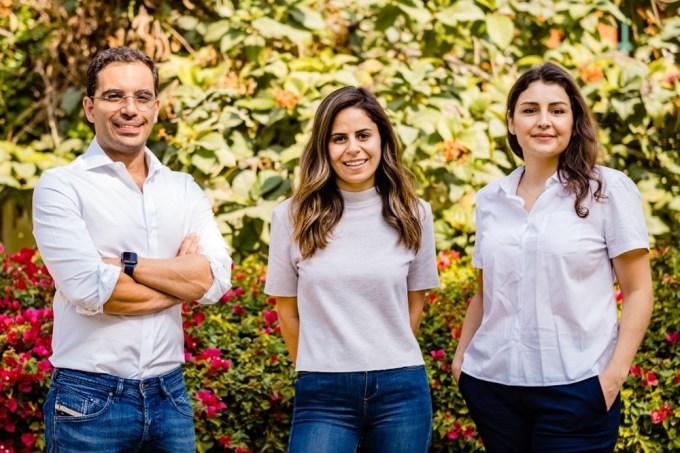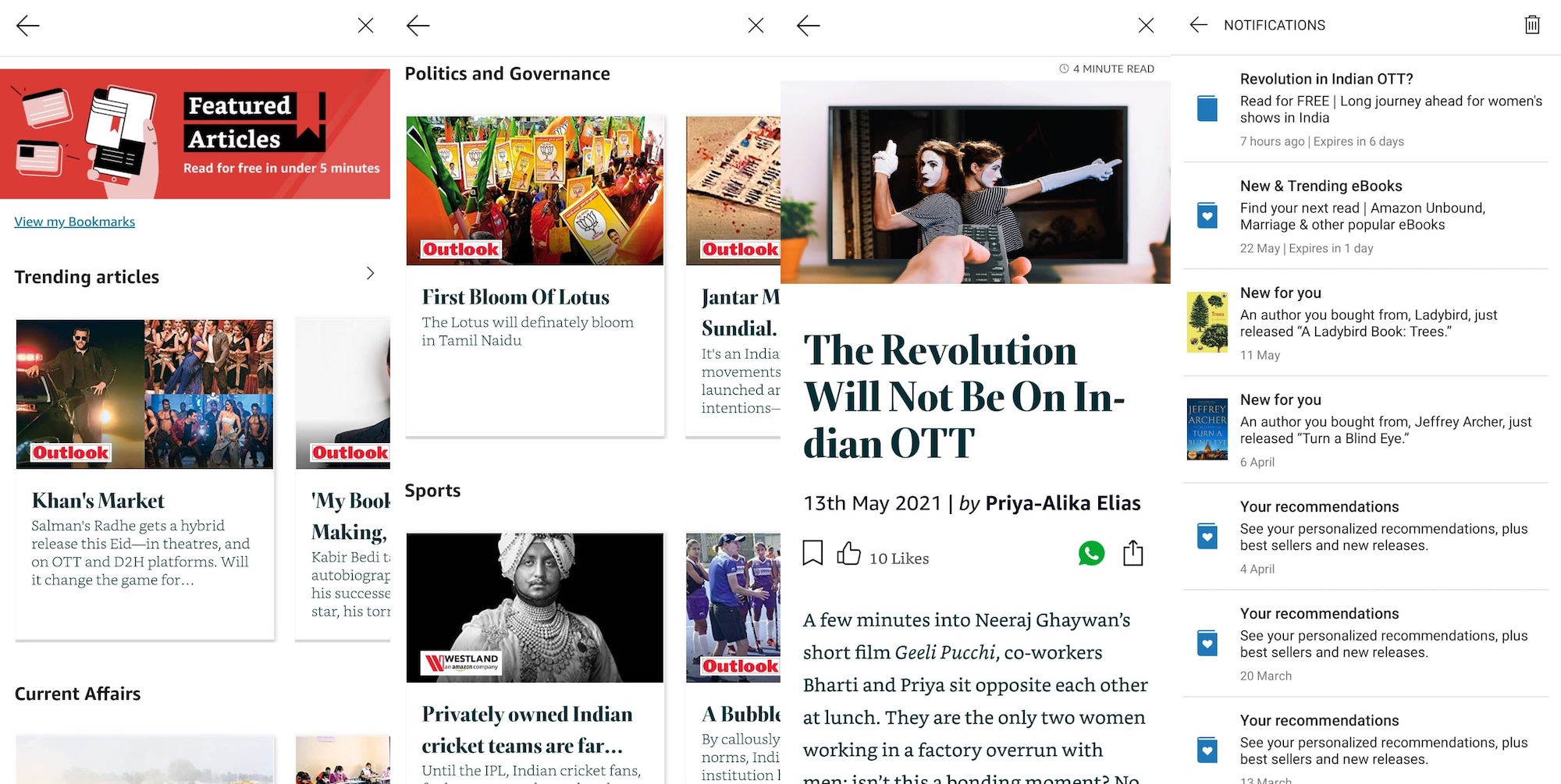- May 28, 2021
- by:
- in: Blog
Nuwa Capital, a venture capital firm based in Dubai and Riyadh, announced the first close of its $100 million NVFI fund in February. The close was three-quarters of the target and was done in less than a year following the firm’s launch in February 2020. According to the firm, the second close should be concluded by
Nuwa Capital, a venture capital firm based in Dubai and Riyadh, announced the first close of its $100 million NVFI fund in February.
The close was three-quarters of the target and was done in less than a year following the firm’s launch in February 2020. According to the firm, the second close should be concluded by the end of this year or Q1 2022.
Founded by partners Khaled Talhouni, Sarah Abu Risheh and Stephanie Nour Prince, Nuwa primarily targets markets in the Middle East and the wider GCC. The partners have a track record of investing in Middle Eastern companies — Careem, Mumzworld, Golden Scent and Nana Direct. However, they have also invested in Twiga Foods and AZA, two East African startups.
They have cut checks for three companies with this new fund: two Dubai-based companies, Eyewa and Flexxpay, and one Egypt-based company, Homzmart. And despite having a strong focus on the Middle East and the GCC, the firm wants to double down on investing in more African startups, particularly in Egypt and East Africa.
I spoke with the partners to discuss their past investments, why they are interested in Africa and the similarities and differences between the regions they operate in. This interview has been edited lightly for length and clarity.
TC: Why is Nuwa Capital choosing Sub-Saharan Africa as one of its target markets?
Khaled: I mean, it’s not our primary market, but it’s an area of secondary focus for us, which we’re really interested in. And we think that there are a lot of learnings from the Middle East that we can take from our experience of investing regionally here that we can use for investing in Africa, particularly in East Africa, especially as the digital adoption increases very significantly.
TC: Nuwa Capital invested in Homzmart recently. Are there any other startups Nuwa has invested in or plans to in North Africa and Sub-Saharan Africa?
Sarah: So there is a lot of the deal flow we’ve seen in North Africa, and we just started in December. We are seeing a lot of companies in Egypt, Morocco, across all of North Africa, and in the coming months, we will be investing aggressively across that geography. But for now, Homzmart is our only African investment.
TC: How do you plan to make the transition in investing in Sub-Saharan Africa?
Sarah: We have a network in East Africa because, in our previous fund, we did invest in two companies in Kenya. One was Twiga and the other was BitPesa, which is now AZA. We’ve invested in those, and as part of our due diligence and network that we’ve built in Africa, that’s why we think the opportunity is there because we got to see it and understood the market with those two companies.
TC: From your perception of how the African market is, how is it different from the GCC?
Sarah: There are different ways to look at it. But Africa is different from the GCC markets in terms of the population sizes, in terms of the purchasing power of people and in terms of companies that get a lot of attraction based on mass volume. So the success of the company sometimes is based on volume. So like a large number of people signing up to a company, for example. In Twiga, for example, it was bridging the gap between farmers and vendors, so they had a large number of farmers, and that really had a lot of power. And I think that’s where we see opportunity in Africa — in the power of the population.
Stephanie: From a VC standpoint, many funds have cropped up in the GCC region in the past couple of years, so there’s a lot more capital flowing directly in the market. That may not be exactly mirrored yet in East Africa if I might say. Also, I guess what we see from where we are in East Africa is that the capital seems to be concentrated around a particular set of founders.
TC: What will be the investment strategy for Nuwa Capital in Africa?
Sarah: We look for companies that fit into our thesis. So I can talk a bit more about the sectors that we invest in. So fintech is a large one that we look at. And then, we have a big focus on SaaS across different industries. We also really like e-commerce and marketplaces, the top of private label angle and private brands selling through e-commerce marketplaces.

L-R: Khaled Talhouni, Sarah Abu Risheh and Stephanie Nour Prince
And then we also have, we also look at something that we call the rapidly digitizing industries, and that’s companies that are disrupting the traditional industries through technology in education, health tech, agritech. So these are the theses we look at, and that’s how we drive our investment strategy. In terms of ticket sizes and stages, we focus on seed and Series A, and then we could also follow on in the round.
Stephanie: So when it particularly comes to Africa, what we’ve seen, which is also very interesting for us, is an increase of companies pitching to us in healthcare, in agritech, in different variations of financial services or intersection of fintech and something else. That will be very interesting also for us as we move forward, as we start looking a bit more intently.
TC: Since you are relatively new to African investment, will you be looking to partner or liaise with other VCs based on the continent?
Stephanie: It‘s a very common practice for us. We’re quite collaborative as a fund, and that’s also due to the nature of the region where you end up co-investing with a number of funds, and sometimes they tend to be the same funds that you have a similar mindset with. So that happens quite a bit; I think it’s very likely also to happen with funds we’ve co-invested with in the past in Africa.
TC: Egypt has been one of the exciting countries in both Africa and the Middle East region. What do you think is going for the market?
Stephanie: Egypt is one of the primary markets that we focus on. We are seeing a large part of our pipeline coming from Egypt. We’ve also seen a great shift in Egypt over the past few years where the type of entrepreneurs, the type of founders that are coming to us, are more mature and more experienced and just a higher calibre than before. We used to see a lot of earlier-stage companies with inexperienced founders. But today, what we’re seeing is just amazing. We are very bullish on the market when it is one of our primary focus markets.
Sarah: When companies come out of Egypt, their expansion strategy is usually either to the rest of North Africa or East Africa. Some will come to the GCC, while some will stay in Africa, depending on what industry they’re in. But I think that as we invest more in Egypt and then actively into our East Africa strategy will give us really good exposure in Africa, and as we grow, our subsequent funds will look more into Africa.
TC: Is there a portion of the fund dedicated to the African market?
Khalid: I don’t think we have a specific percentage, but the continent is part of the major strategy. We have a significant portion of the fund targeted at Egypt but we’d like to do at least 5-10% of the fund in Africa, excluding Egypt. It depends on the final fund size but we’re really bullish on Africa.








